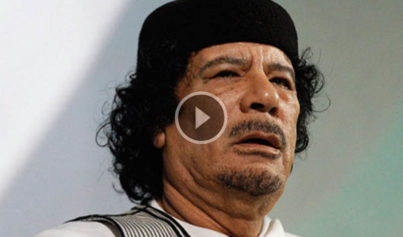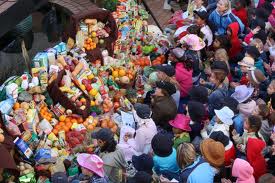Polls closed for Libya’s first free election in 60 years Saturday night, marking a historic event and the end of this stage in the nation’s recovery. The vote counting process has already begun, with partial results expected later this week. Unofficial exit polls conducted Saturday suggested that a liberal alliance was leading Islamist parties. According to Libyan officials, the turnout was about 60 percent.
Voters chose among some 1,400 candidates to fill a 200-member assembly, which will be tasked with drafting a new constitution and defining the country’s new government system. Before being overthrown last year, the regime of Muammar Gaddafi has been in power for 69 years. Over 100 different political parties are vying for positions in the temporary assembly, a large number of them having been recently formed.
Ian Martin, head of the UN’s mission in Libya, told the BBC that there were few concerns over the handling of the votes or the count. “Good news is there’s been no problem in retrieving election materials from polling stations; most are on course in completing counting,” he said.
Some votes are still being cast in the east, as key election materials were delayed in reaching the area. There had been some concerns in the eastern region that its citizens would be under-represented in the assembly. The east will have 60 of the 200 available seats, with the West controlling 100, and the south 40. Gunman disrupted voting in three eastern cities, resulting in the death of one person. Still, officials reported that voting had taken place in more than 98 percent of the available polling stations
Despite the unrest, new voters gathered to celebrate the occasion in the capital city of Tripoli, lighting fireworks as the polls closed Saturday night.
“The Libyan people want to rebuild their country on solid ground with a good constitution, one that expresses the aspirations of the people and gives strong laws that will help build the country with strong institutions,” said Mohammed Eid, a voter and former political prisoner.


